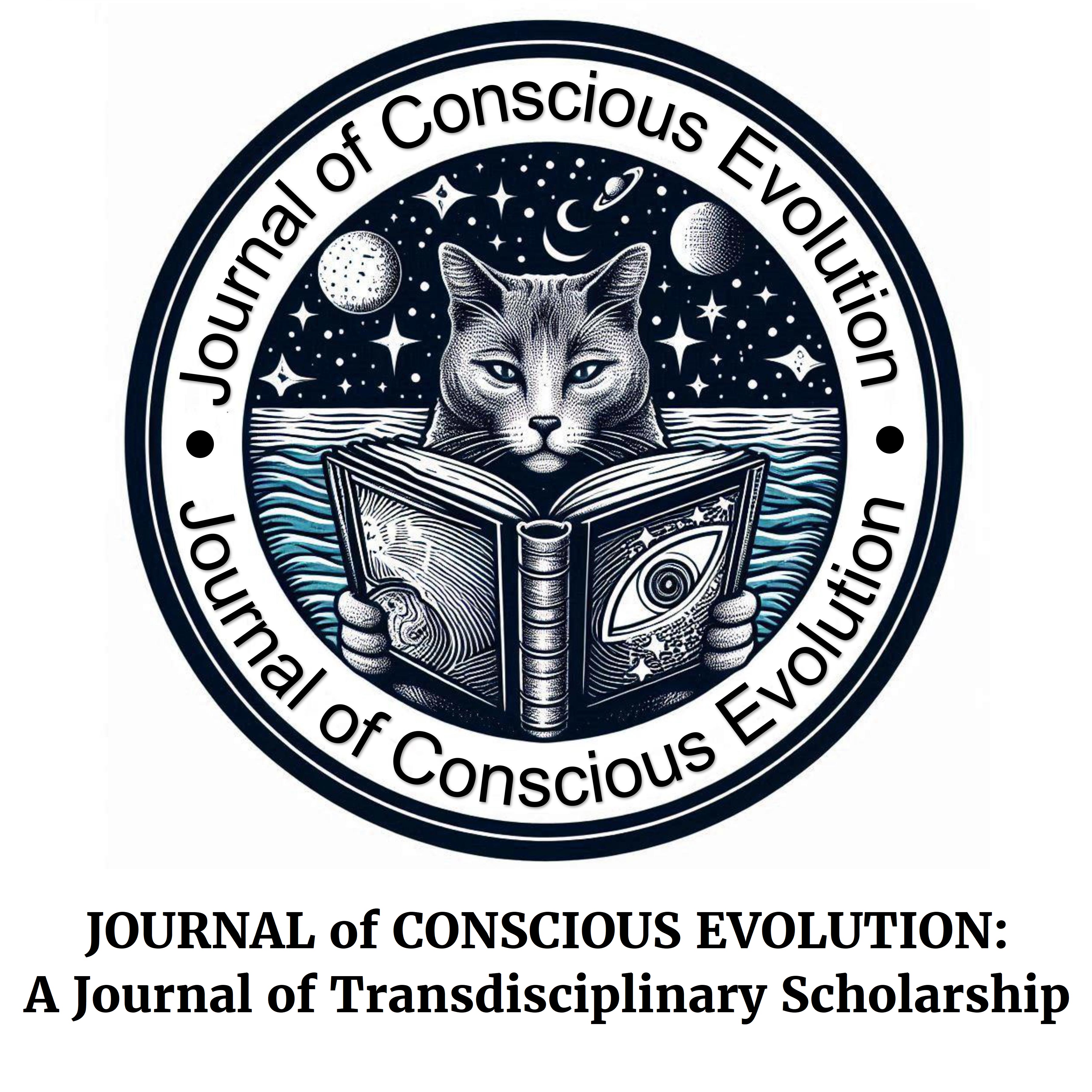
Abstract
Unity is both complex and elegant which in itself reflects the Universe. Experiencing unity is examined philosophically as a natural human desire for reasoned reality. From a spiritual perspective it may be the return to our original divine essence. From a neuroscientific view, it may be neurocorrelates in the brain resonating with an electrical field. And from a physics perspective, it may be particle entanglement and spin-wave directionality. The debate is broad and deep. The prevailing western framework for exploring such a topic is rational cognitivism, and intersects several disciplines including; cognitive science, consciousness studies, neuroscience, philosophy, phenomenology, psychology and its subgroup transpersonal psychology, cosmology, spirituality, and most recently, quantum mechanics. Each of these frameworks engages a Cartesian-Newtonian methodology of dissecting component parts for study, and collecting empirical support for validation of the direct unity experience. There is a continued quest for reasoned certainty and absolutism with this method.
Alternatively, Eastern practices, particularly Buddhism, engage the disciplines of mindfulness, awareness and philosophical exploration. This is a discipline of openness that respects the isness of direct experience, unity experiences (UE’s) included. There is no absolute knowing or need for empiricism. Those are concepts of the mind that are considered illusory. The exploration takes the researcher into dissolution of form, attachment and illusion, and what constitutes conceptual illusory coverings of Buddha potential in all sentient beings. What is currently emerging in researching human experience is a blending of Eastern and Western operational paradigms. The Dalai Lamas’ interest and participation in neuroscientific research on meditating Buddhist monks attests to this development.
This literature review takes a meta-perspective in the discussion of unity and its apparent counterpoint, dualism. Definitions concerning unity experiences are embedded in the paper as we begin our exploration.
General themes addressed in this review of the literature include; subjective experience, experiential content and meaning-making, unity experience within a holographic framework, permeable membrane of perception in an autopoietic system, discrete and coherent perception of the discrete and coherent (repetition intentional). What is not addressed that may have some relevance to the unity experience, is cosmology and an in-depth review of the literature on neuroscience and physics. This paper focuses on the experience itself within an historical view of what has impacted our current thinking, and an East-West perspective on consciousness.
Recommended Citation
Wilcox, Sally. (2018). On Unity Experiences: A Review. Journal of Conscious Evolution, 3(3). https://digitalcommons.ciis.edu/cejournal/vol3/iss3/4
Included in
Clinical Psychology Commons, Cognition and Perception Commons, Cognitive Psychology Commons, Critical and Cultural Studies Commons, Family, Life Course, and Society Commons, Gender, Race, Sexuality, and Ethnicity in Communication Commons, Liberal Studies Commons, Social and Cultural Anthropology Commons, Social and Philosophical Foundations of Education Commons, Social Psychology Commons, Sociology of Culture Commons, Sociology of Religion Commons, Transpersonal Psychology Commons


